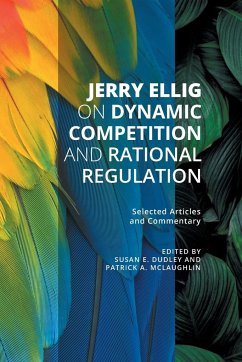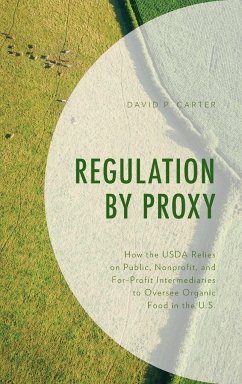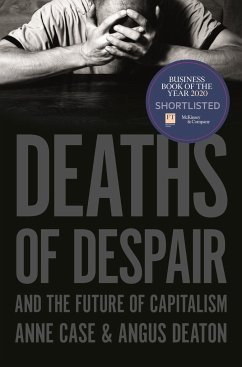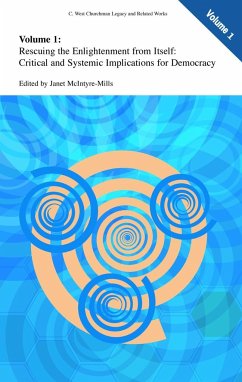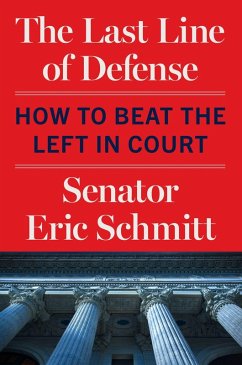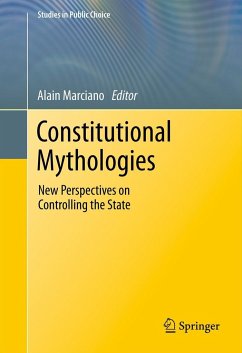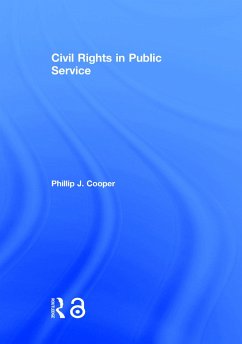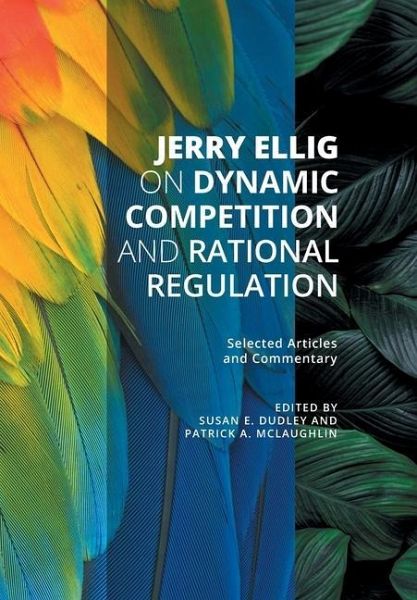
Jerry Ellig on Dynamic Competition and Rational Regulation
Selected Articles and Commentary
Herausgeber: Dudley, Susan E; McLaughlin, Patrick A
Versandkostenfrei!
Versandfertig in über 4 Wochen
29,99 €
inkl. MwSt.
Weitere Ausgaben:

PAYBACK Punkte
15 °P sammeln!
In the United States, the express purpose of regulation is, according to a 1993 executive order, to "protect or improve the health and safety of the public, the environment, or the well-being of the American people." However well intentioned, all human action carries with it the potential for secondary, sometimes negative, consequences. In the case of regulation, these consequences may cause harm-by exacerbating poverty, increasing opportunity inequality, raising prices, or reducing economic growth. The late Jerry Ellig-economist, teacher, writer-argued that before imposing regulations on indi...
In the United States, the express purpose of regulation is, according to a 1993 executive order, to "protect or improve the health and safety of the public, the environment, or the well-being of the American people." However well intentioned, all human action carries with it the potential for secondary, sometimes negative, consequences. In the case of regulation, these consequences may cause harm-by exacerbating poverty, increasing opportunity inequality, raising prices, or reducing economic growth. The late Jerry Ellig-economist, teacher, writer-argued that before imposing regulations on individuals and their activities, policymakers must conduct the kind of economic analysis that can deliver rational regulation. This process requires asking: How significant is the problem the regulation seeks to address? What is the root cause of the problem? Are there alternative ways to address the cause, and how effective might they be? What are the benefits and costs to society of each alternative? These are the questions Ellig sought to answer-whether conducting research at the George Washington University Regulatory Studies Center, serving as chief economist at the Federal Communications Commission, delivering testimony at a congressional hearing, or teaching students at the Mercatus Center at George Mason University. As this memorial collection shows, improvements in the regulatory process can foster the life-enhancing innovation and dynamic competition on which future prosperity depends.




